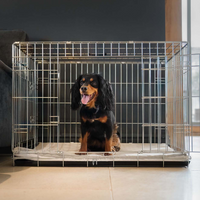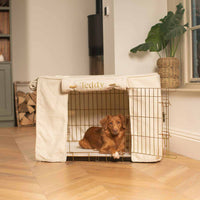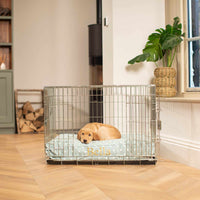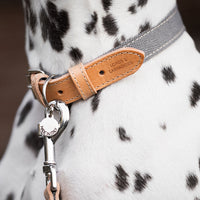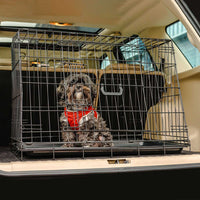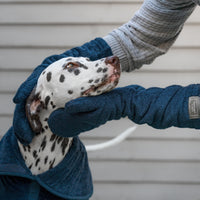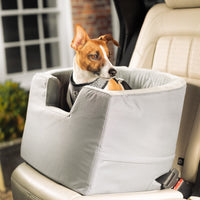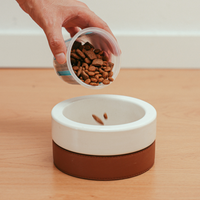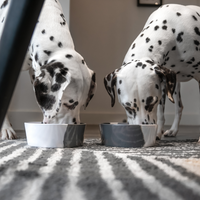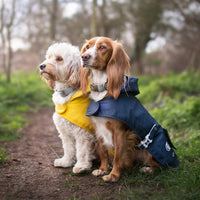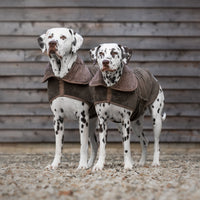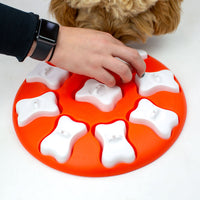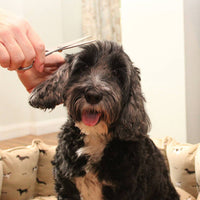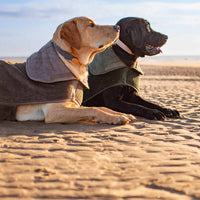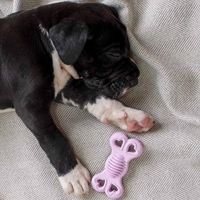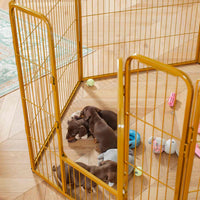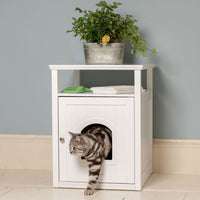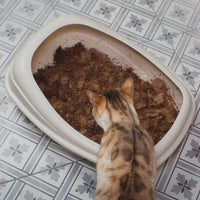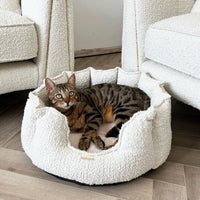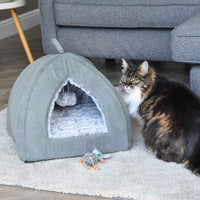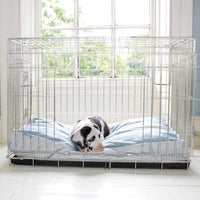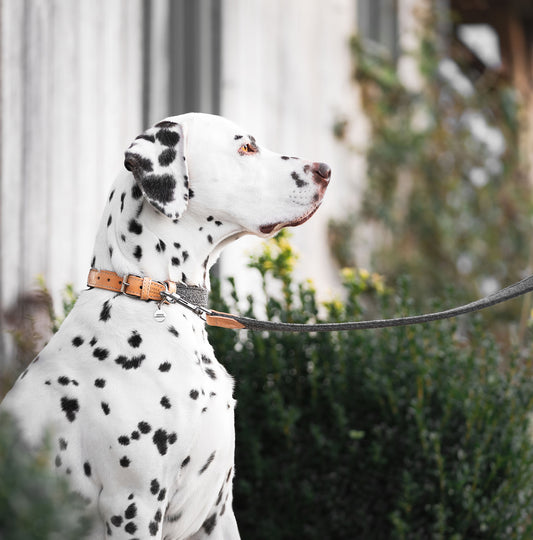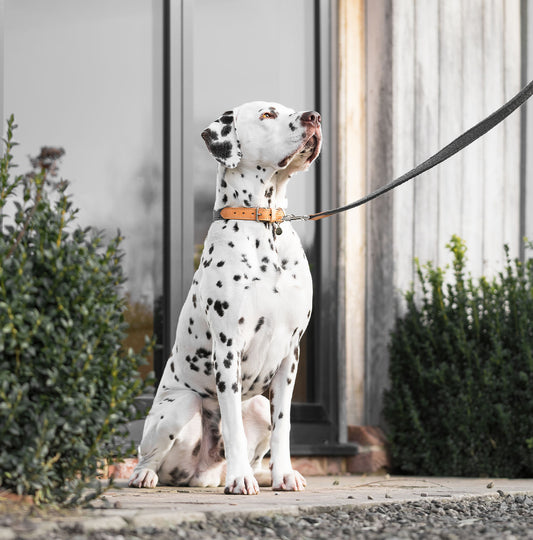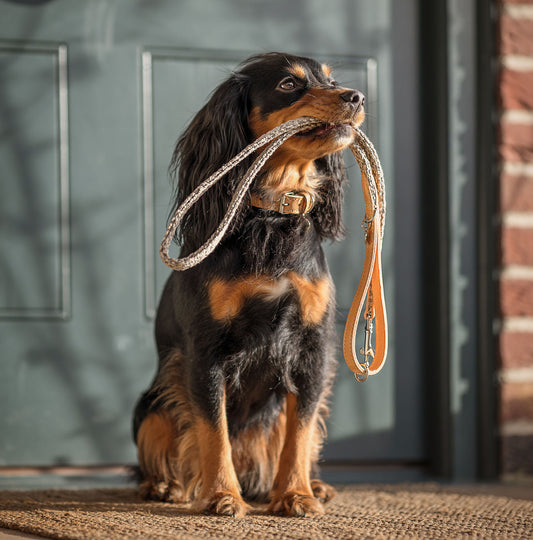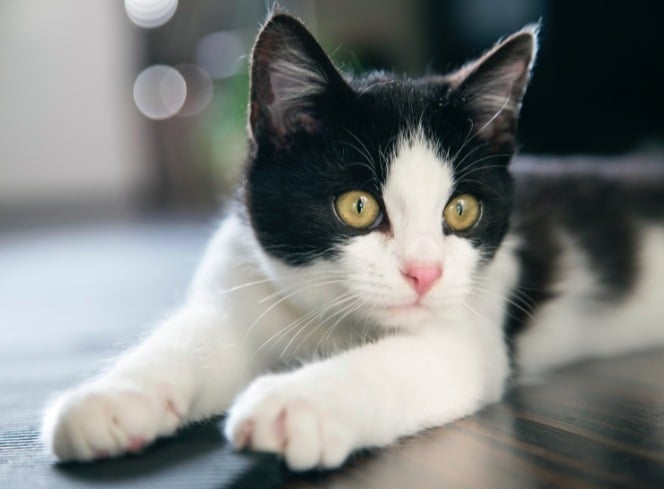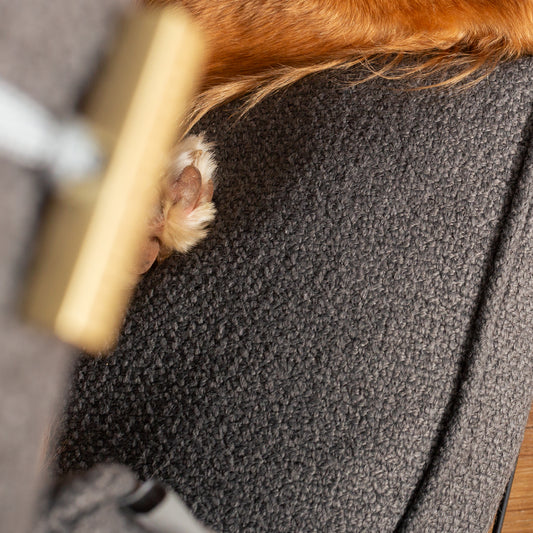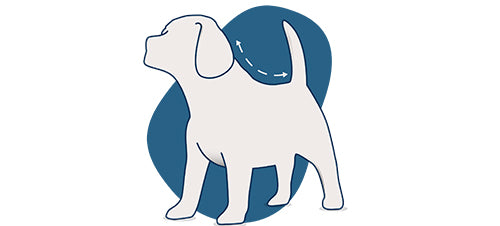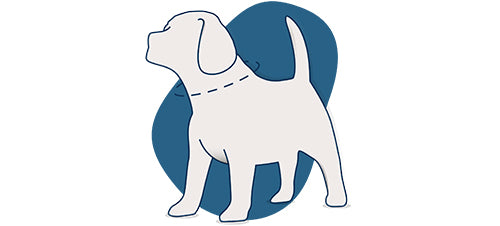As dog owners, we've all experienced that familiar sight: our furry best friends panting heavily, their tongues lolling out, as if they've just sprinted a marathon.
Often panting occurs after a brisk walk or vigorous playtime but it's not always as simple as it seems. While panting is a natural cooling mechanism for dogs, it can also be a signal of underlying issues that require attention and care. As responsible pet parents, it's essential to decode the language of our four-legged pals and recognise the reasons behind their breathless moments.
In this week’s blog post, we'll embark on a journey into the world of canine panting, exploring the various reasons why dogs engage in panting, how to tell the difference between normal and excessive panting, what to do if your dog is panting and when you should contact your vet
What Is Panting?

Panting is when your dog’s breathing is rapid and shallow, usually with their tongue lolling out. Usually this is nothing to worry about but in some circumstance it can indicate something more serious.
Why Is My Dog Panting?
Your dog is usually panting as a response to something, either trying to cool themselves down after exercise or on a hot day. But sometimes your dog may be panting for other reasons, so it’s important to look at your dog’s body language and the wider situation so you can assess the reason your dog may be panting. Some of the most common reasons for dogs panting include:
Exercise
The most common reason for dogs panting is after exercise to try to cool themselves down. Dogs can’t sweat like humans to cool down, so instead panting allows them to inhale and humidify the air before exhaling, this increases the evaporation of water and cools their body from inside out. If your dog is panting after exercise there’s usually no reason to worry, as long as it’s not too hot, they will be absolutely fine.

Heat
Similarly to exercise, if your dog is too hot they will pant to cool themselves down. Excessive panting could be a symptom of heatstroke, heatstroke is brought on by a sudden rise in body temperature and can often be fatal. Other symptoms of heatstroke include:
- Racing heart
- Skin which is hot to touch
- Glassy eyes
- Unsteadiness on feet
- Vomiting
- Discolouration of gums
- Seizures
If you spot any of these signs contact your vet straight away. Our blog Heat Stroke In Dogs, has all our tips on how to keep your pet safe in summer and how to avoid heatstroke.
Excitement
A lot of dogs pant when they’re excited, often if they’ve been given a new toy or treat or are meeting new people they will pant. This is a way for them to show they’re excited and is usually accompanied by whining.
Stress or Anxiety
Similarly to excitement, dogs who are in a stressful or anxiety provoking situation will pant and whine. It’s important to look at your dog’s body language to assess if this is the case, if they are hiding, avoiding eye contact and yawning or pinning their ears back and tucking their tails away the panting could be a sign that your dog is feeling either stressed or anxious. In our research we found that separation anxiety and dog anxiety were the two most common canine mental health disorders in the UK.
Obesity
Obesity is unfortunately a growing problem in dogs. Overweight dogs are more likely to pant as they struggle to get the fresh oxygenated blood round their systems so are out of breath and panting. If you think your dog may be overweight speak to your vet about the best way to help manage them loosing weight.
Illness or Pain
Dogs are exceptionally good at hiding pain, panting coupled with other symptoms like coughing, drinking and weeing more or low energy could indicate that your dog is either ill or in pain. Illnesses such a BOAS (Brachycephalic Obstructive Airway syndrome), heart disease, Cushing’s diseases, respiratory diseases and disorders or high temperatures and fevers all can cause excessive panting in dogs. If you think your dog is ill or in pain, contact your vet straight away for an assessment.
Medications
If your dog is on prednisone or another steroid they may be experiencing increased panting as a side effect.
Poisoning
One of the most common emergencies vets and vet nurses see is poisoning, whether that’s chocolate or raisin digestion, eating dangerous plants or licking a toxic substance like antifreeze, rat poison or slug killer, they can all cause panting. If you think your dog has been poisoned or eating something they shouldn’t, contact your vet right away.
Allergic Reactions
If your dog has recently started a new medication, in very rare cases they may have an allergic reaction. If your dog is having an allergic reaction they may be struggling to breathe and start panting more. Contact your vet right away if you think your dog is having an allergic reaction.
How To Tell If My Dog Is Panting Too Much
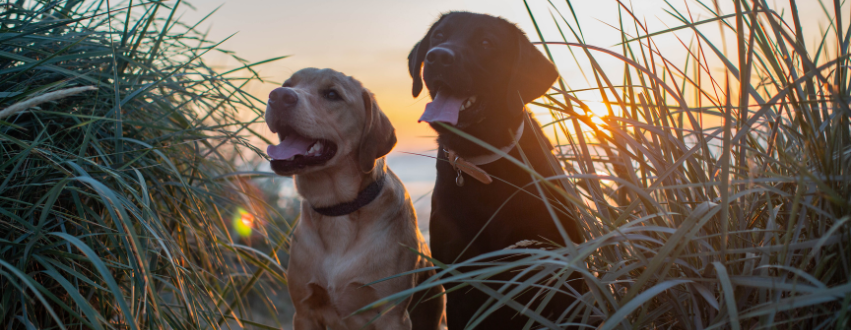
If you’re wondering what the difference between normal dog panting and excessive panting is and how to tell the difference, then there’s a few key things to look at:
- What are they doing? Is there an obvious cause for the panting? - As we mentioned above, dog’s panting will usually correlate with external factors like exercise or excitement which is completely normal. Healthy dogs don’t usually pant for no reason.
- Does it appear excessive compared to their normal panting pattern or with more exertion than normal? - You know your dog best and will be able to tell if their panting is different to normal, or if it seems more intense.
- Are there any other symptoms? - If your dog’s panting is coupled with other symptoms like lethargy, not eating, coughing, discolouration of their gums or tongue, it could be a sign that the panting is a result of illness. We recommend speaking to your vet if this is the case
- Has their panting changed sounds? - Listen to the sound of their panting and if there is a change is sound it could be a sign of another condition at play. For example if your dog has laryngeal Paralysis, which is common in Labradors and Golden Retrievers, their panting will often sound abrasive as a result of the disfunction in their vocal cords. Or if your dog is flat faced their panting is more likely to include snorting sounds. Both of these conditions predispose them to heatstroke, which panting is an indicator of.
- If your dog is panting but still getting hotter, this could also be a sign of heatstroke.
What To Do If Your Dog Is Panting Heavily

If your dog is panting heavily there’s a few things to consider.
- Look for the reason - is it hot, have they been running about or are they excited. If there’s no obvious reason, contact your vet. If it’s simply from excitement or exercise give your dog a little space and time to calm down and their panting should slow dow.
- If it’s from overheating, you will need to act quickly but don’t panic. You will want to move your dog into the shade and offer them cool but not cold water, gently cool them down with water and then contact your vet immediately. Remember the best way to manage heat-stroke is to avoid it, don’t leave your dog in a parked car on a hot day, provide plenty of shade and water, and make sure not to walk them if it’s too hot.
- If you suspect their panting is because of stress, stay calm and try to remove them from the situation. Once they are out the way of any danger or triggering circumstances, comfort and reassure your dog.If there’s lots of situations that repeatedly cause your dog stress and anxiety, it may be worth contacting a behaviourist who can work with your dog to overcome their fears
- If there’s other symptoms which cause you to think there may be an underlying issue like illness, pain, an allergic reaction or poisoning - make an appointment with your vet. They can then assess your dog and figure out the cause of their excessive panting.
When To Contact A Vet For Heavy Panting
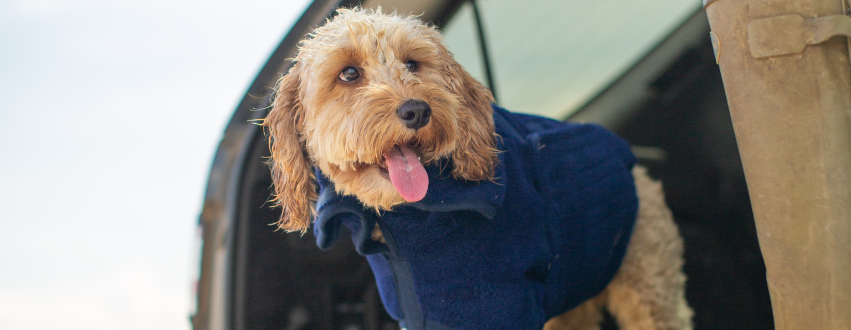
- Your dog suddenly starts panting with no obvious cause
- You think they’re in pain, suffering from an allergic reaction or poisoning
- Their panting is constant and intense
- Their tongue or gums look blue, purple or white - this is a sign they’re not getting enough oxygen
- They are displaying signs of heatstroke If you are unsure contact your vet - if you’re worried or concerned always talk to your vet, that’s what they’re there for.
Questions To Ask Your Vet About Your Dogs Panting
- Is my dog’s panting normal or abnormal?
- What can be done to determine the cause?
- What can be done to treat the cause?
Does Your Dog Breathe Fast While Sleeping?
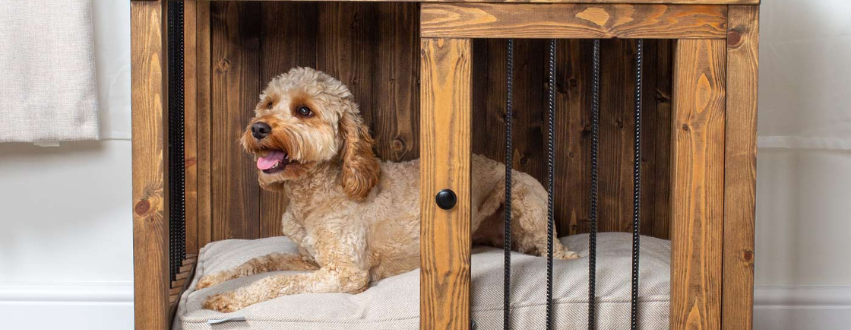
If your dog is panting at night and the room they’re sleeping is cool, there could be a lot of reasons for this. We recommend taking your dog to the vets to find the underlying issue causing their panting at night. The reasons behind this could include anxiety - either separation anxiety if they sleep separately to you or part of a night terror, check out our blog on night terrors if you suspect your dog may be suffering from them. If you think anxiety may be causing your dog's panting at night, try putting the radio on from some background noise or using a calming diffuser.
In conclusion, while panting is a natural cooling mechanism for dogs, it can also be a sign of underlying issues. As responsible pet owners, it's vital to recognise the reasons behind our dog's heavy panting and seek veterinary help if needed. By understanding their needs and being proactive in their care, we can ensure our beloved companions lead happy and healthy lives filled with joy and love.




